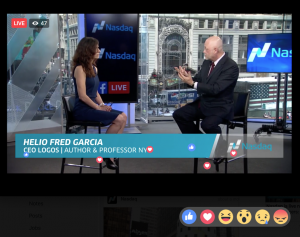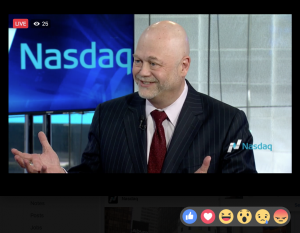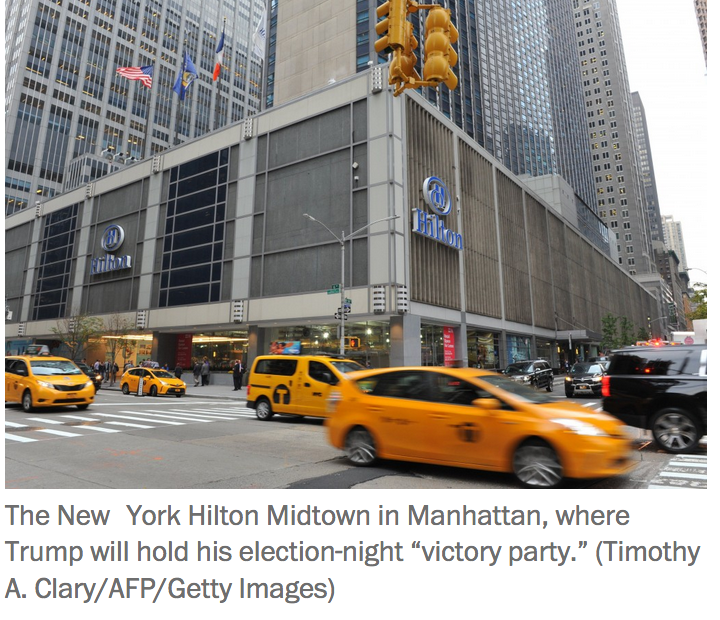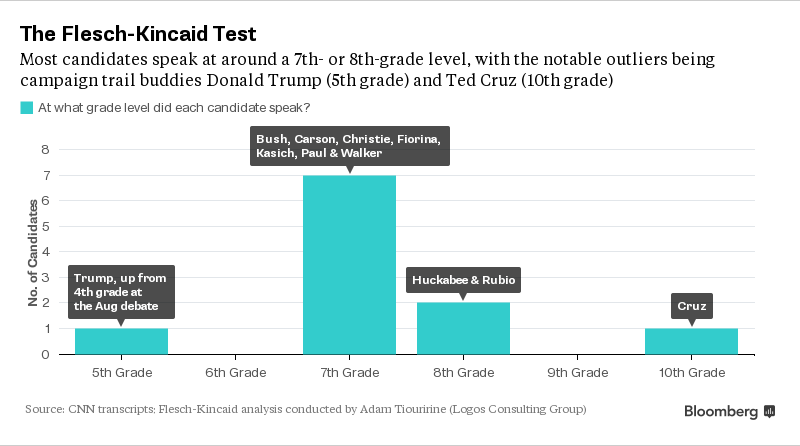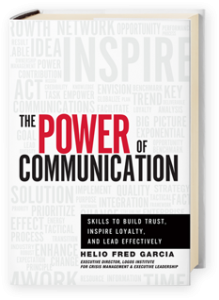Logos Consulting Group president Helio Fred Garcia was quoted in a Bloomberg View article on whether it’s ever a good idea for leaders to publicly shame or humiliate their employees.
The article, by Hofstra University professor Kara Alaimo, focused on recent public statements by president Donald J. Trump, including his criticism of Attorney General Jeff Sessions, Acting FBI Director Andrew McCabe, and Deputy Attorney General Rod Rosenstein.
 (Kara Alaimo)
(Kara Alaimo)
She also focused on Wells Fargo CEO John Stumpf, who publicly blamed his employees for the misconduct that occurred on his watch, and also Volkswagen America CEO Michael Horn, who blamed the company’s software cheating scandal on “a couple of software engineers.”
She said,
“Attacking employees also tends to backfire internally, according to Helio Fred Garcia, president of Logos Consulting Group. ‘Ineffective leaders publicly call out or humiliate their people, either in the workplace or in more public settings,’ he says. ‘This predictably causes all employees to lose confidence and trust in the boss. Especially when the public criticism seems arbitrary, petty or ad hominem, other employees will cringe and feel personally at risk.’”
She continued,
“As a result, he says, employees will be less loyal. This can hurt their productivity and lead them to act out — for example, by leaking information to the press. Overall, Garcia says, attacking employees creates a ‘culture of backstabbing and chaos.’ We’ve seen such chaos in the White House, with the abrupt departures of press secretary Sean Spicer, chief of staff Reince Priebus and communications director Anthony Scaramucci — all in a 10-day period.
Kara Alaimo is an assistant professor of public relations at Hofstra University and also teaches in the PR and Corporate Communication graduate program at New York University. She previously was a spokesperson for international affairs in the U.S. Department of Treasury and also held senior communication positions at the United Nations. She is the author of Pitch, Tweet, or Engage on the Street: How to Practice Global Public Relations and Strategic Communication.

Helio Fred Garcia is the author of The Agony of Decision: Mental Readiness and Leadership in a Crisis. In that book he discusses the need for leaders to exhibit humility:
“Emotional discipline requires humility – so that the leader can understand what matters to others. A dollop of humility tempers other attributes, and makes a leader even stronger. Humility helps a leader to recognize that maybe – just maybe – he or she might be wrong; that there may be other valid perspectives; that he or she doesn’t have to be the smartest person in every room, at every meeting.” This kind of humility would prevent a leader from publicly shaming an employee.



